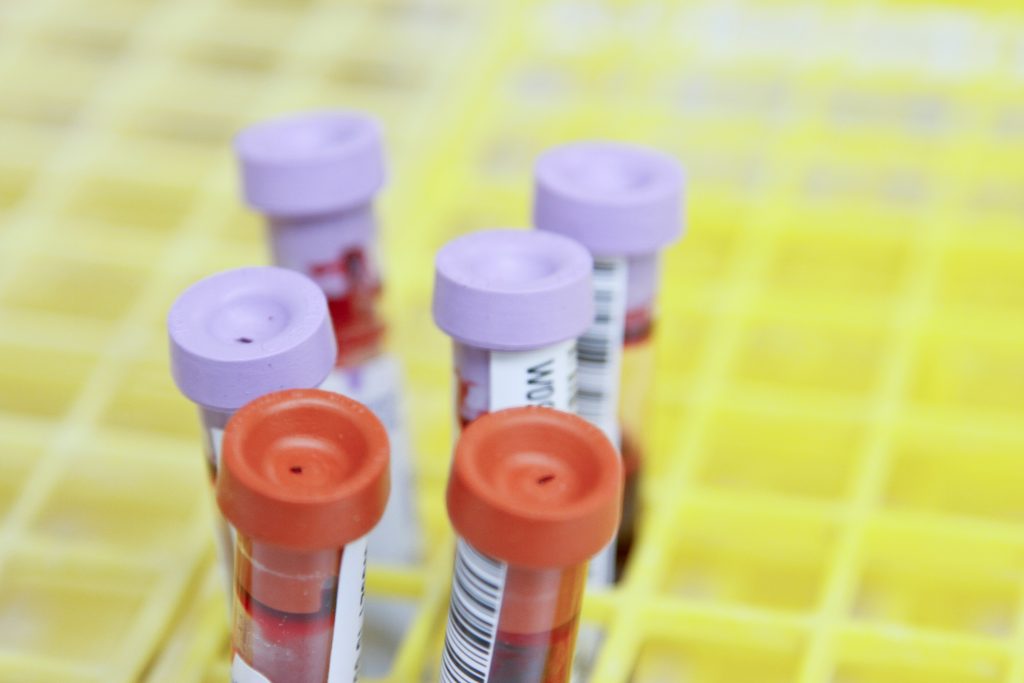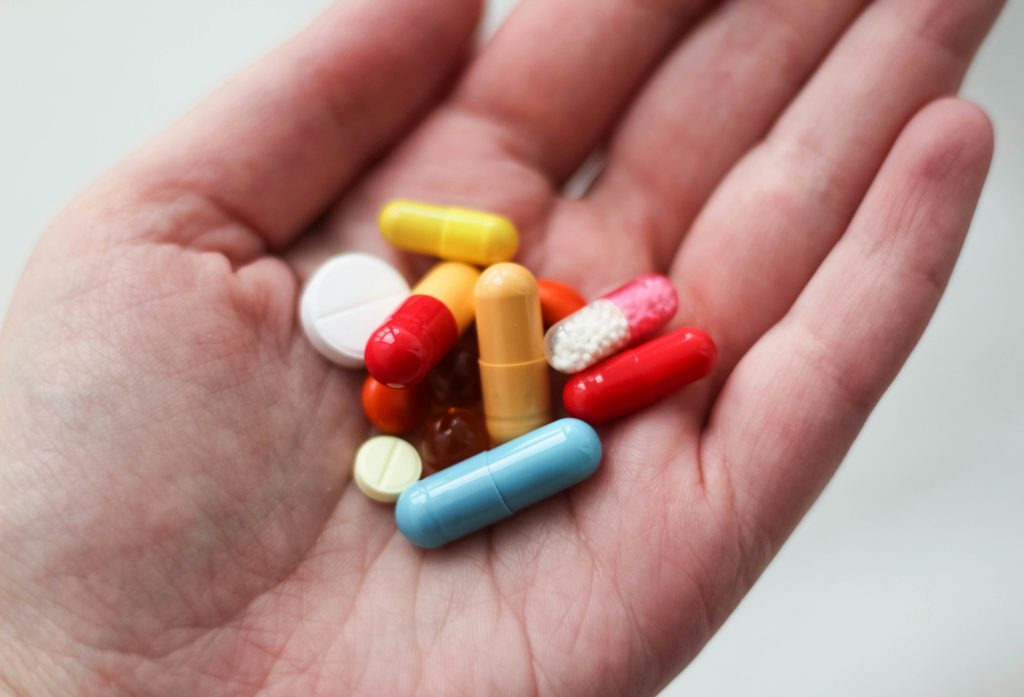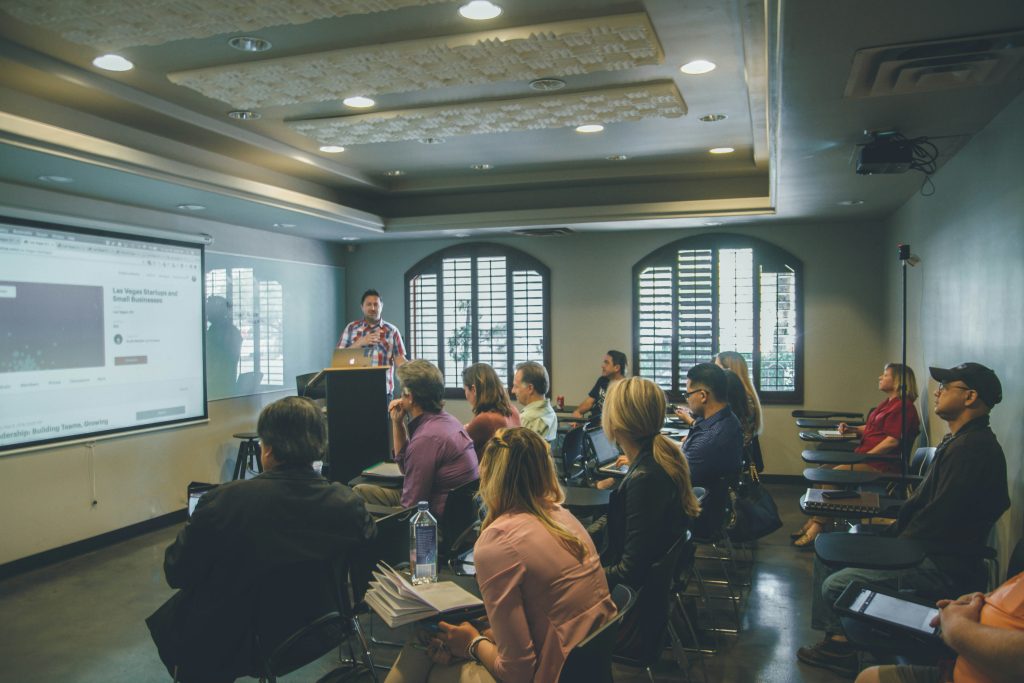Introduction
HIV (Human Immunodeficiency Virus) continues to affect millions of people globally. While a cure remains elusive, advances in treatment and prevention have helped reduce the spread of HIV, making it a manageable condition. In Singapore, HIV awareness and prevention strategies are crucial in the fight against this virus. By adopting the right preventative measures, individuals can protect themselves and others from HIV transmission. This article outlines the most effective strategies for preventing HIV and how to stay informed about the virus.
1. Prevent HIV by regularly going for testing.

(Photo by National Cancer Institute on Unsplash)
HIV testing is a critical component of HIV prevention. By knowing your HIV status, you can take the necessary steps to protect yourself and others. Regular testing ensures that you are aware of your health status and can start treatment early if needed. If you’re sexually active, make it a habit to get tested every 3 to 6 months.
Why it works: Regular testing helps detect HIV early, which is crucial because HIV often shows no symptoms in its early stages. Early detection allows for timely intervention, including taking antiretroviral therapy (ART) to keep the virus in check.
Visit Anteh Dispensary to take an HIV test — our 3rd and 4th generation kits detect early-stage HIV with high accuracy.. Our experienced healthcare professionals can guide you through the testing process in a confidential and supportive environment.
Taking action early is key. Think you’ve been exposed to HIV? Head to a PEP clinic, start treatment immediately, and take a test for a clear diagnosis. Learn more about HIV testing at Anteh Dispensary to understand why early detection matters.
Location of Anteh Dispensary:
1 Lor 22 Geylang, #01-02, Singapore 398664
2. Consistent and Correct Use of Condoms
Using condoms correctly and consistently remains one of the most effective ways to prevent HIV transmission during sexual activity. Condoms block the exchange of bodily fluids and significantly reduce the risk of HIV passing between partners. Always use a condom, no matter the type of sexual activity — whether vaginal, anal, or oral sex — to stay protected.
Here’s why condoms work so well: they create a physical barrier that stops HIV from spreading through fluid contact. Although no contraceptive method offers 100% protection, condoms deliver strong and reliable defense against HIV when used properly.

Photo by Reproductive Health Supplies Coalition on Unsplash
3. Start Taking Pre-Exposure Prophylaxis (PrEP) for HIV Prevention Today

(Photo by Ksenia Yakovleva on Unsplash)
PrEP is a highly effective medication for individuals at high risk of HIV. It involves taking a pill daily to reduce the chances of contracting HIV. When taken as prescribed, PrEP has been shown to reduce the risk of HIV transmission by up to 99% in people who are at high risk of contracting the virus.
Why it works: PrEP is a preventative measure that works by preventing HIV from establishing a permanent infection in the body. It is especially beneficial for people who are in relationships with HIV-positive partners or those who engage in high-risk sexual behaviors.
4. Take Post-Exposure Prophylaxis (PEP) to treat HIV
Doctors prescribe PEP as an emergency treatment for people exposed to HIV. It involves taking HIV medication within 72 hours of possible exposure to the virus, such as from unprotected sex, needle sharing, or sexual assault. You need to take PEP daily for 28 days to ensure it works effectively.
Why it works: PEP works by preventing the HIV virus from establishing an infection in the body after a potential exposure. It is most effective when started as soon as possible after exposure, ideally within 72 hours.
Learn how you can get PEP treatment in Singapore with this step-by-step guide.

5. Limit the Number of Sexual Partners

(Photo by Becca Tapert on Unsplash)
Reducing the number of sexual partners you have is an effective way to reduce your risk of contracting HIV. Having fewer sexual partners decreases the chances of encountering someone who is HIV-positive. It is also important to have open and honest conversations with your partners about HIV and sexual health.
Why it works: Limiting your sexual partners reduces your exposure to potential risks. Fewer sexual partners mean less likelihood of encountering someone with HIV, even if they don’t show any symptoms.
6. Avoid Sharing Needles

(Photo by Diana Polekhina on Unsplash)
Sharing needles and other injection equipment spreads HIV from one person to another. If you inject drugs, it’s essential to use clean needles every time and never share your equipment. Needle-sharing is one of the most high-risk behaviors for HIV transmission.
Why it works: HIV is transmitted through blood, so sharing needles allows the virus to be passed from one person to another. Avoiding needle-sharing is critical in preventing HIV, especially in communities where intravenous drug use is common.
7. Educate Yourself and Others About HIV prevention

(Photo by Kenny Eliason on Unsplash)
Education is one of the most powerful tools in preventing HIV. By understanding how HIV is transmitted, the importance of using protection, and the role of medications like PrEP and PEP, individuals can make informed choices about their sexual health. Educating your friends, family, and community members can also reduce stigma and promote safer practices.
Why it works: Knowledge empowers people to make safer decisions. Education also helps break down myths and stigma surrounding HIV, creating a more supportive and informed environment for everyone.
Conclusion
Incorporating HIV prevention strategies into your lifestyle is key to protecting yourself and others. By consistently using condoms, getting regular HIV tests, and considering preventive treatments like PrEP and PEP, you can significantly reduce your risk of contracting or transmitting HIV. It’s crucial to stay informed, take action early, and seek support when needed.
If you’re looking to take the next step in HIV prevention, Anteh Dispensary is here to help. The clinic specializes in providing comprehensive HIV care, including the latest treatments like PrEP (Pre-Exposure Prophylaxis) and PEP (Post-Exposure Prophylaxis).
At Anteh Dispensary, our experienced healthcare professionals deliver personalized, confidential care and guidance. Start PrEP for ongoing HIV prevention or begin PEP treatment right after exposure — we’re here to support you with expert advice tailored to your needs.
Visit Anteh Dispensary today to speak with a healthcare provider and explore how our specialized HIV prevention services can support your health and well-being.
Location of Anteh Dispensary:
1 Lor 22 Geylang, #01-02, Singapore 398664
+65 6744 1809
Whatsapp / handphone 87647488

